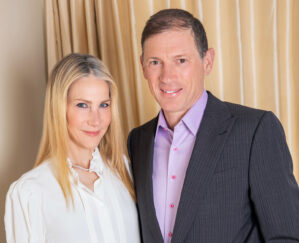For married couple Ananya Gutta, WG’27, and Rohit Chawla, WG’27, pursuing an Executive MBA wasn’t just a career decision. It was a shared life choice.
“We knew an MBA was something we both wanted,” Ananya says. “The question was whether we would do it separately or together.” They chose together.
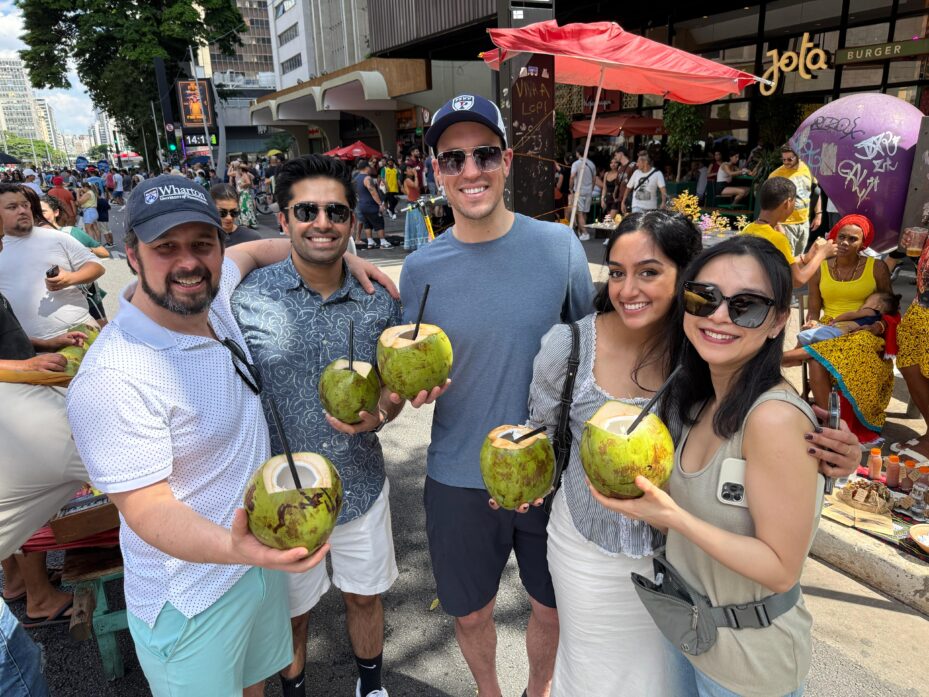
Parallel Paths, Shared Ambition
Ananya and Rohit grew up in New Jersey, and met during their undergraduate years at Rutgers University where they pursued engineering and economics degrees. Their careers followed parallel paths into the medical device and life sciences industries, each moving from technical engineering roles into product management and increasingly strategic leadership positions.
Rohit began his career at a startup, wearing multiple hats across R&D, product development, and venture funding before joining larger organizations including Stryker and Smith+Nephew. Today, he is the global director of product management and innovation at Alcon, where he defines portfolio strategies and drives growth.
Ananya’s path took her through Thermo Fisher Scientific, where she rotated through their operations leadership development program before transitioning into product management and the medical devices space at Medtronic and then Alcon. Now as a global director of product management, Ananya leads the upstream strategy for IOL delivery systems used in cataract surgery.
As they both aspire to be in global general management roles, the need for broader business knowledge became clear, and they began looking at EMBA programs.
Wharton stood out immediately.
For Ananya, Wharton’s strength in healthcare management and the depth of its alumni network were major draws. “You’re learning alongside people from every industry with incredible experience,” she says. “And Wharton doesn’t dilute the EMBA experience; you still experience Wharton’s rigorous curriculum and high standards of the full-time MBA.””
Rohit saw Wharton as a long-term investment. “This is a huge time and financial commitment,” he says. “If we were going to do it, we wanted to do it at a top school. Wharton’s world-renowned faculty, global brand, and access to an incredible network made it the clear choice.”
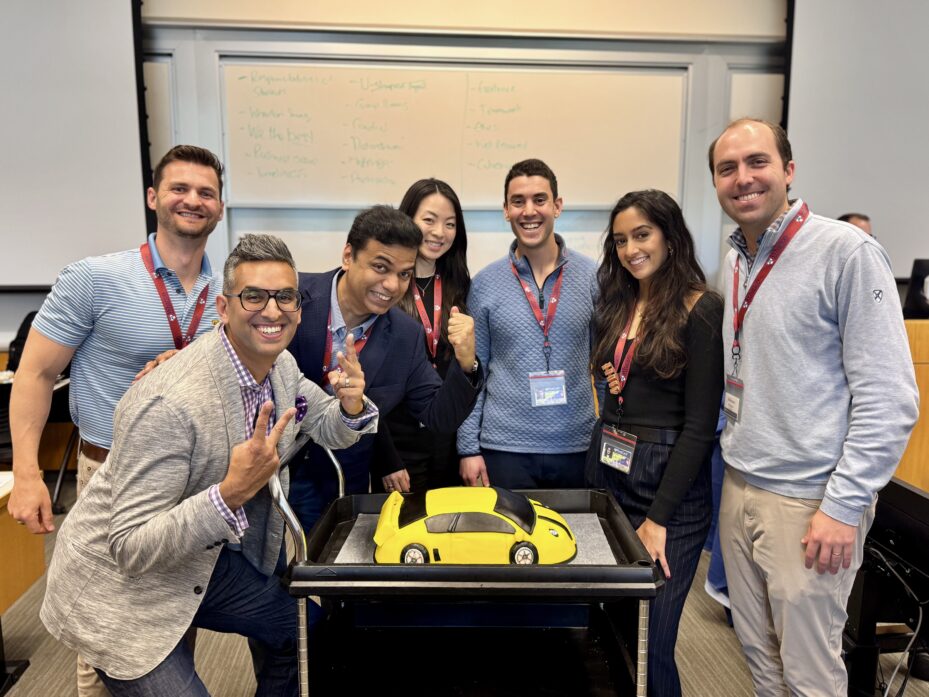
Timing It Together
For the couple, doing the program together was about alignment.
“An EMBA is incredibly time consuming,” Ananya says. “If one of us did it first, that person would be completely absorbed, and then we’d switch. Doing it together meant we were busy — but busy together.”
They study together, commute from Texas to Wharton’s Philadelphia campus together, and take classes together. “After school started, we also started working at the same company. Our lives were becoming increasingly intertwined,” Rohit says. “It feels like we’re walking in stride.”
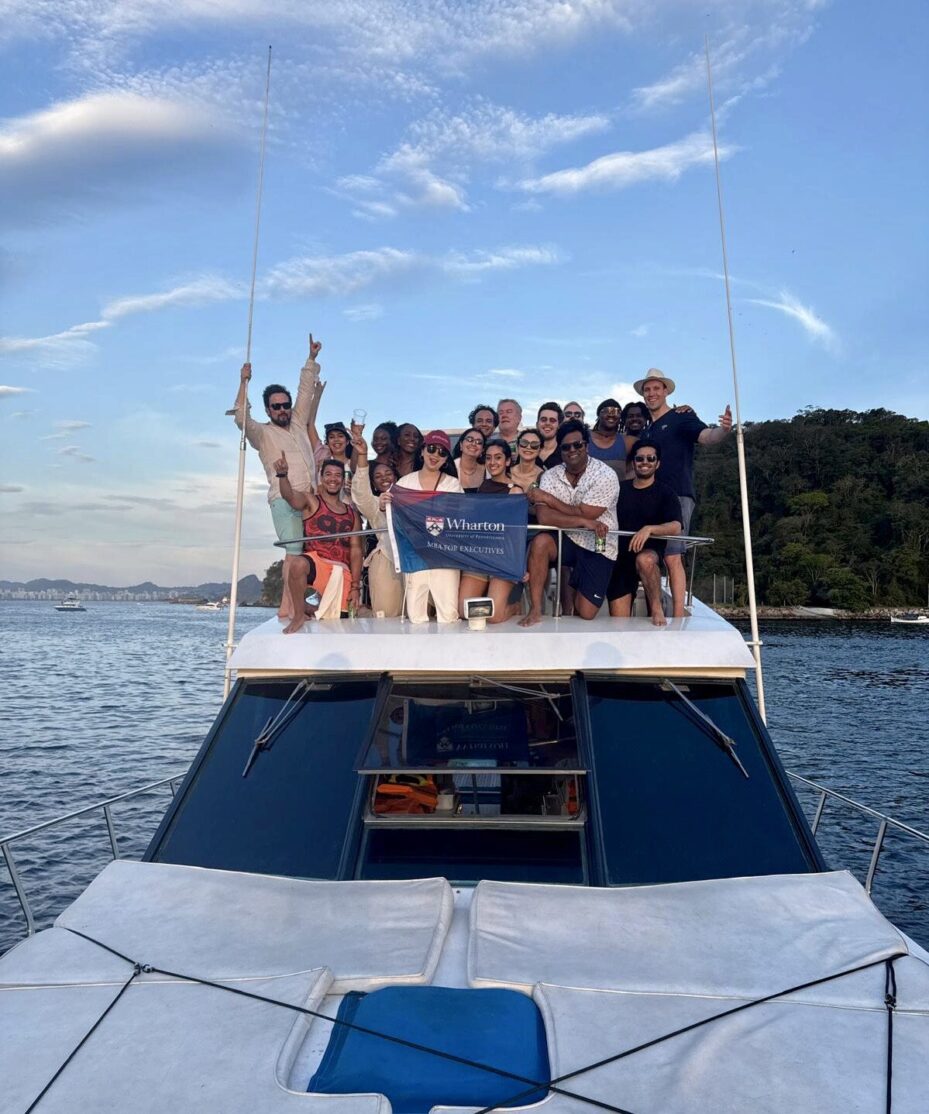
Expanding Their Network
Although they share the EMBA experience, Ananya and Rohit have been intentional about building their own relationships across the MBA program. Each has formed connections, and then introduced those networks to one another.
Both say the greatest value of the Wharton EMBA is their classmates.
“The people are the biggest return on investment,” Rohit says. “The level of conversation is incredibly high. You’re constantly learning from classmates who bring years of experience and different perspectives.”
Ananya agrees. “I didn’t realize how much I would learn just from listening to classmates in class discussions,” she says. “Their real-world examples make the classroom materials and frameworks we learn come alive.”
They’ve also taken full advantage of Wharton’s experiential offerings, including a recent Global Modular Course in Brazil. “In addition to getting to know students across all three cohorts, Wharton curated access to leaders you’d never meet on your own like banking leaders, government officials, and senior executives at some of the top companies in the country,” Ananya says. “It was truly unique.”
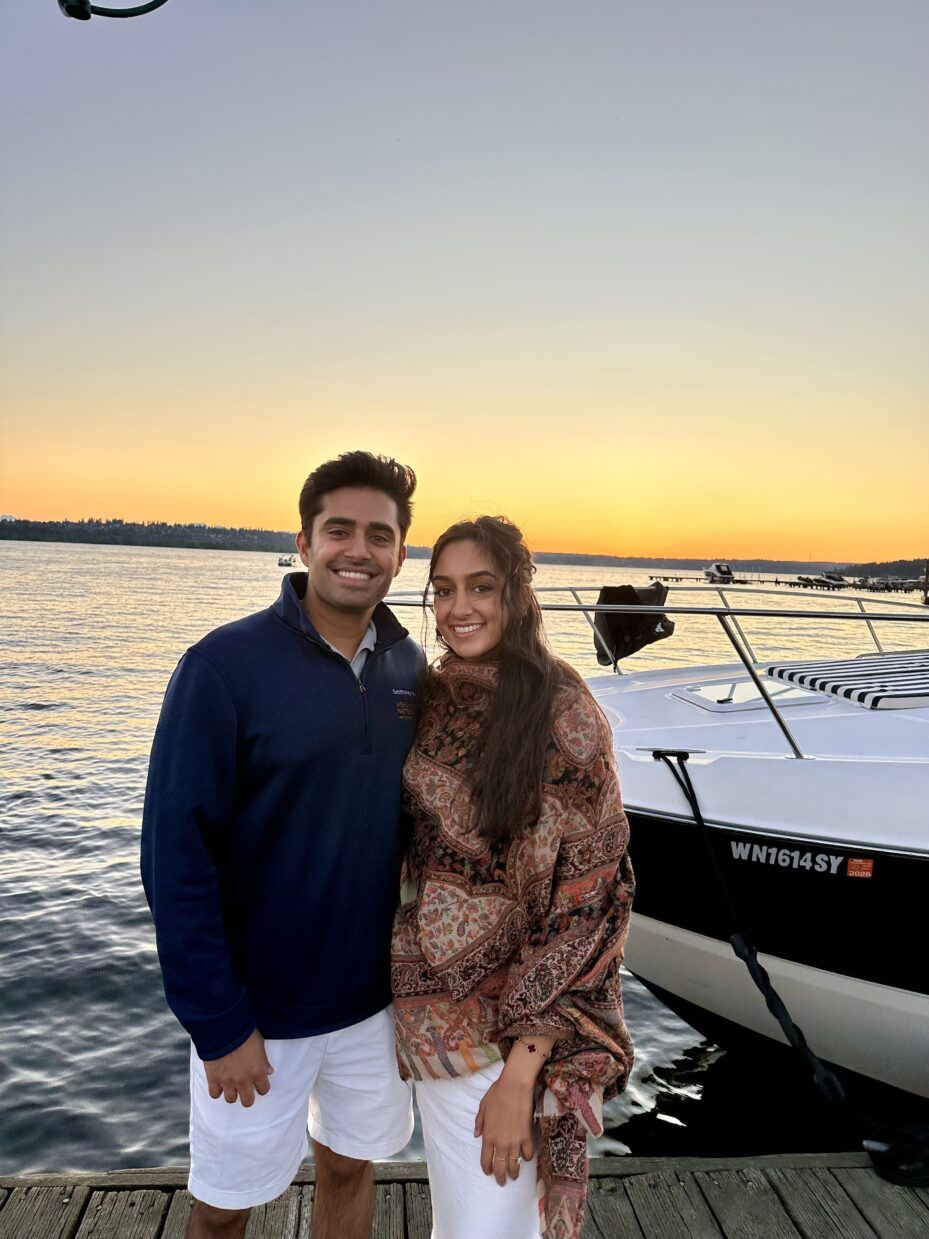
Advice for Other Couples
For couples considering the Wharton EMBA together, their advice is simple: go for it.
“It’s 100% worth it,” Ananya says. “It’s a shared experience that helps you understand and support each other through an intense journey. And you still get to build your own individual networks.”
Rohit sees it as a multiplier. “The more you invest in the program, the more you get out of it,” he says. “Doing this together elevates the entire experience and the value we take away.”
By Meghan Laska
Posted: February 13, 2026





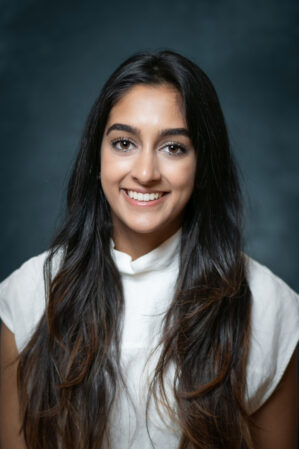

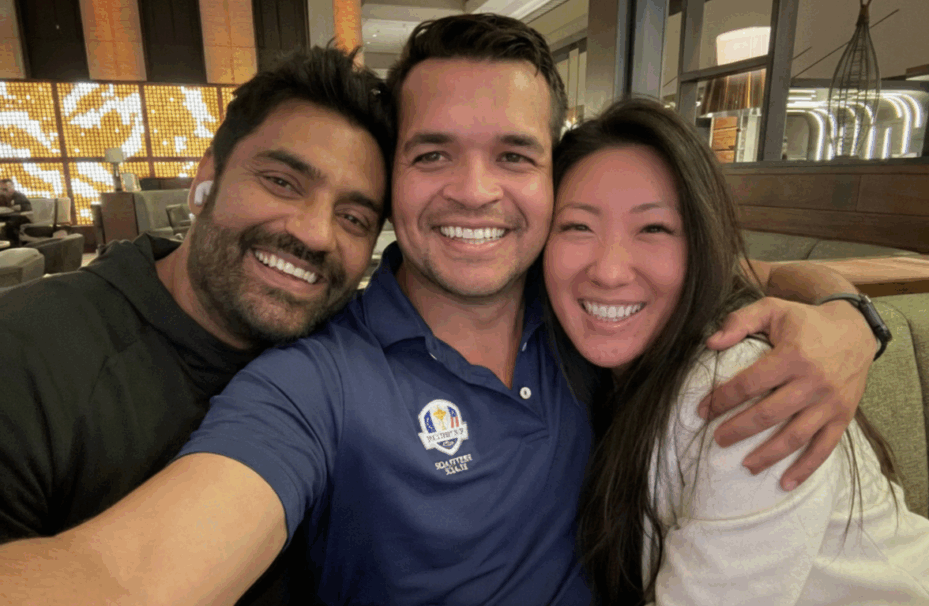



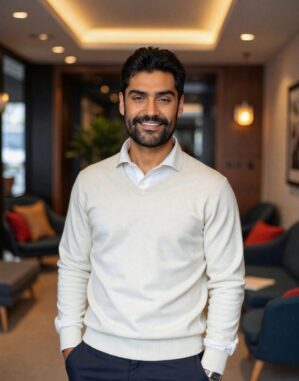
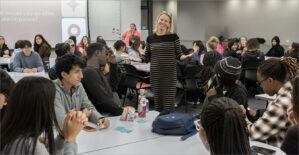
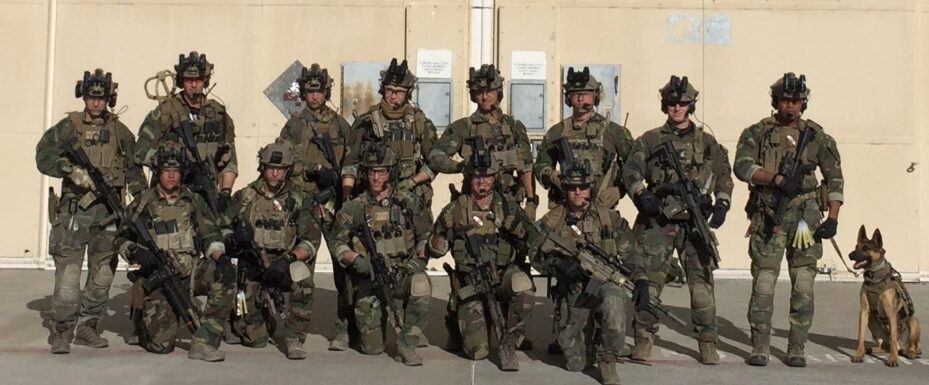


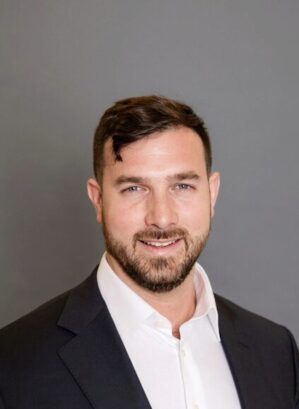
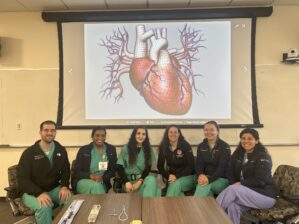

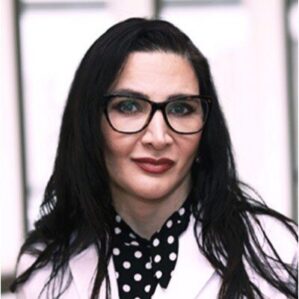
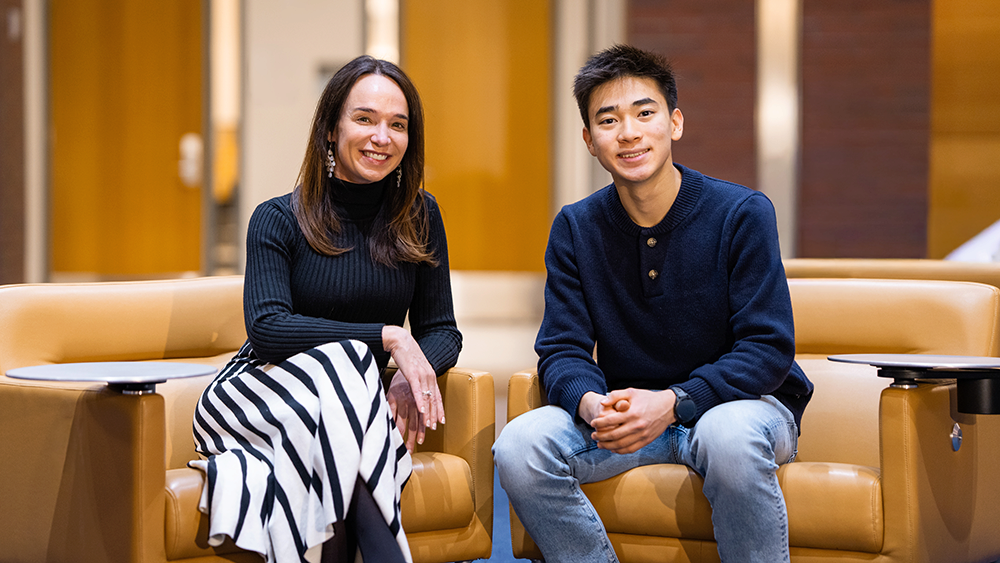
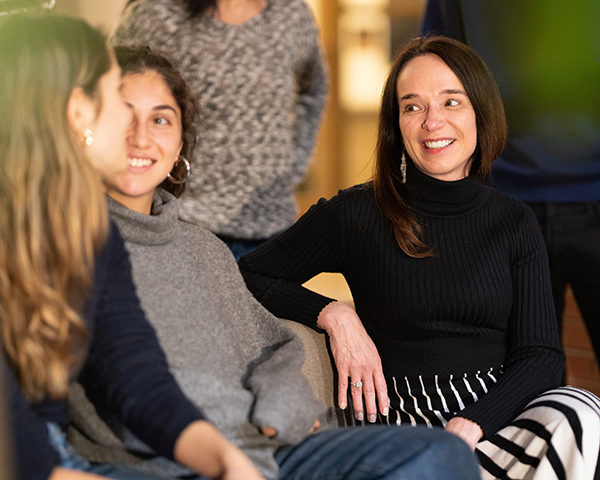
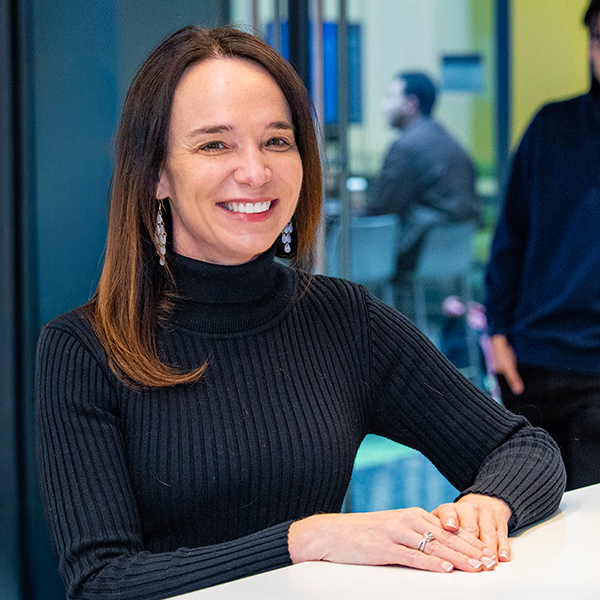
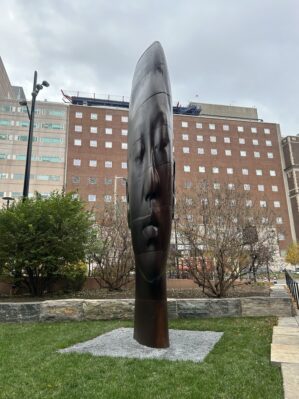 Image Credit: Brian Kantorek
Image Credit: Brian Kantorek